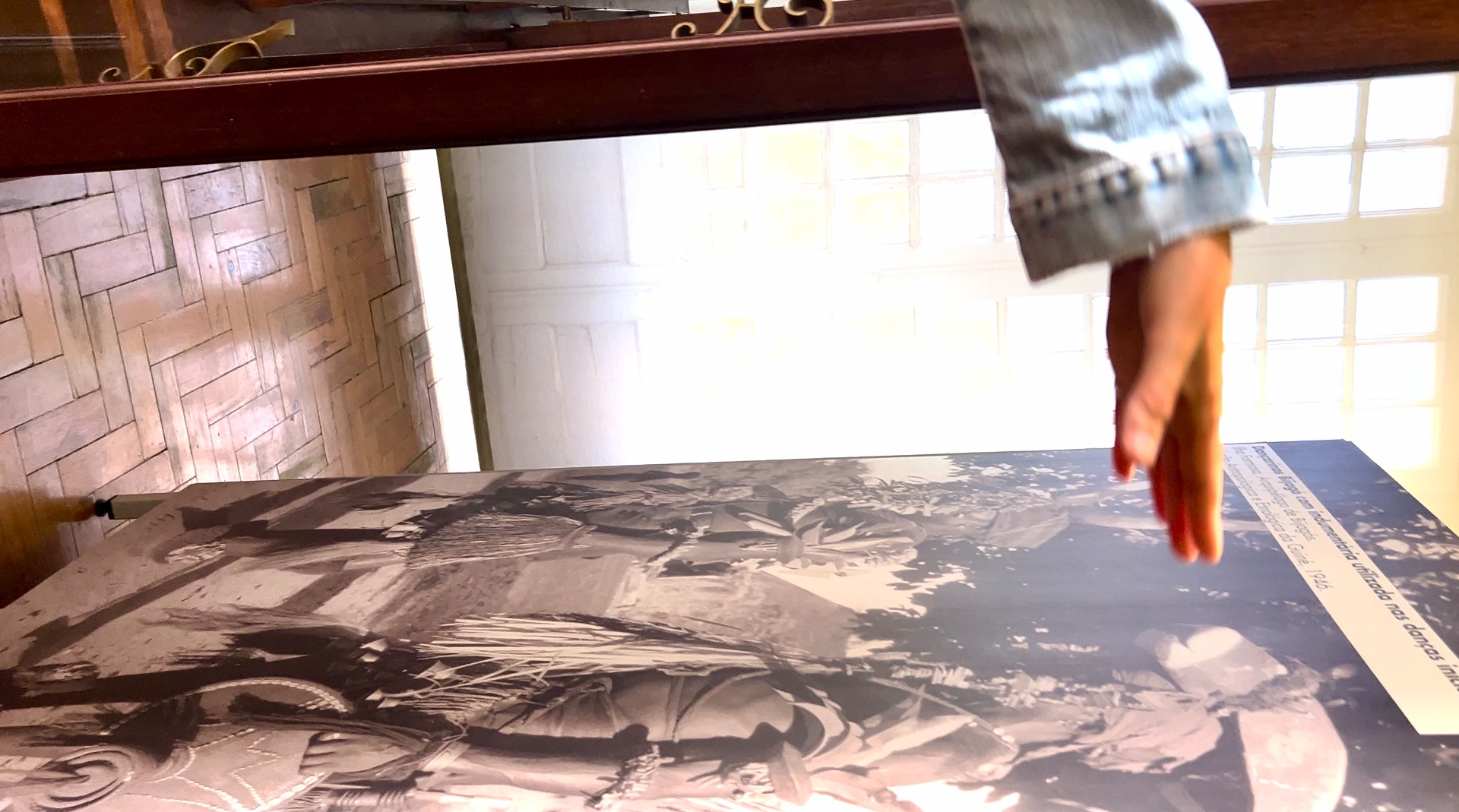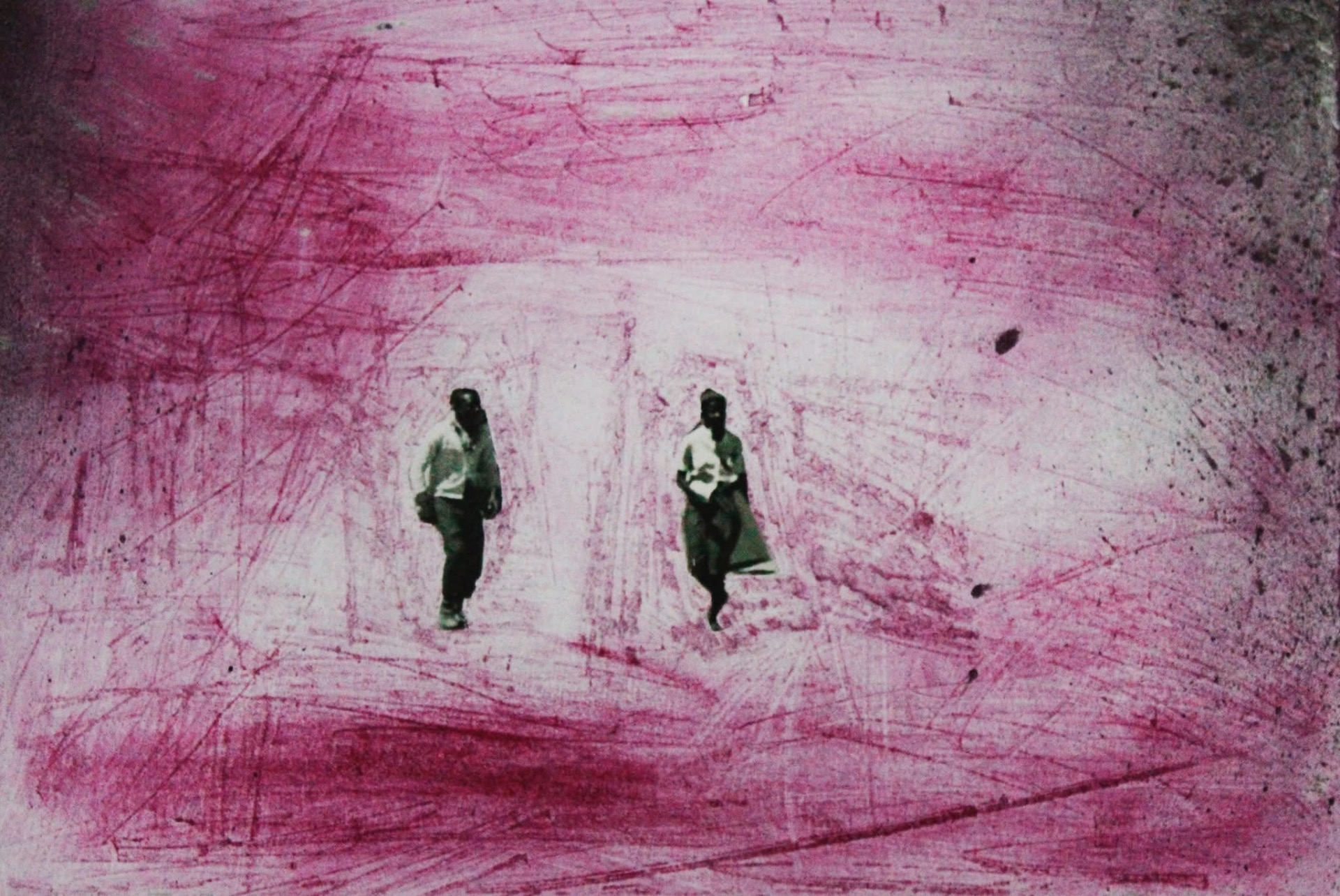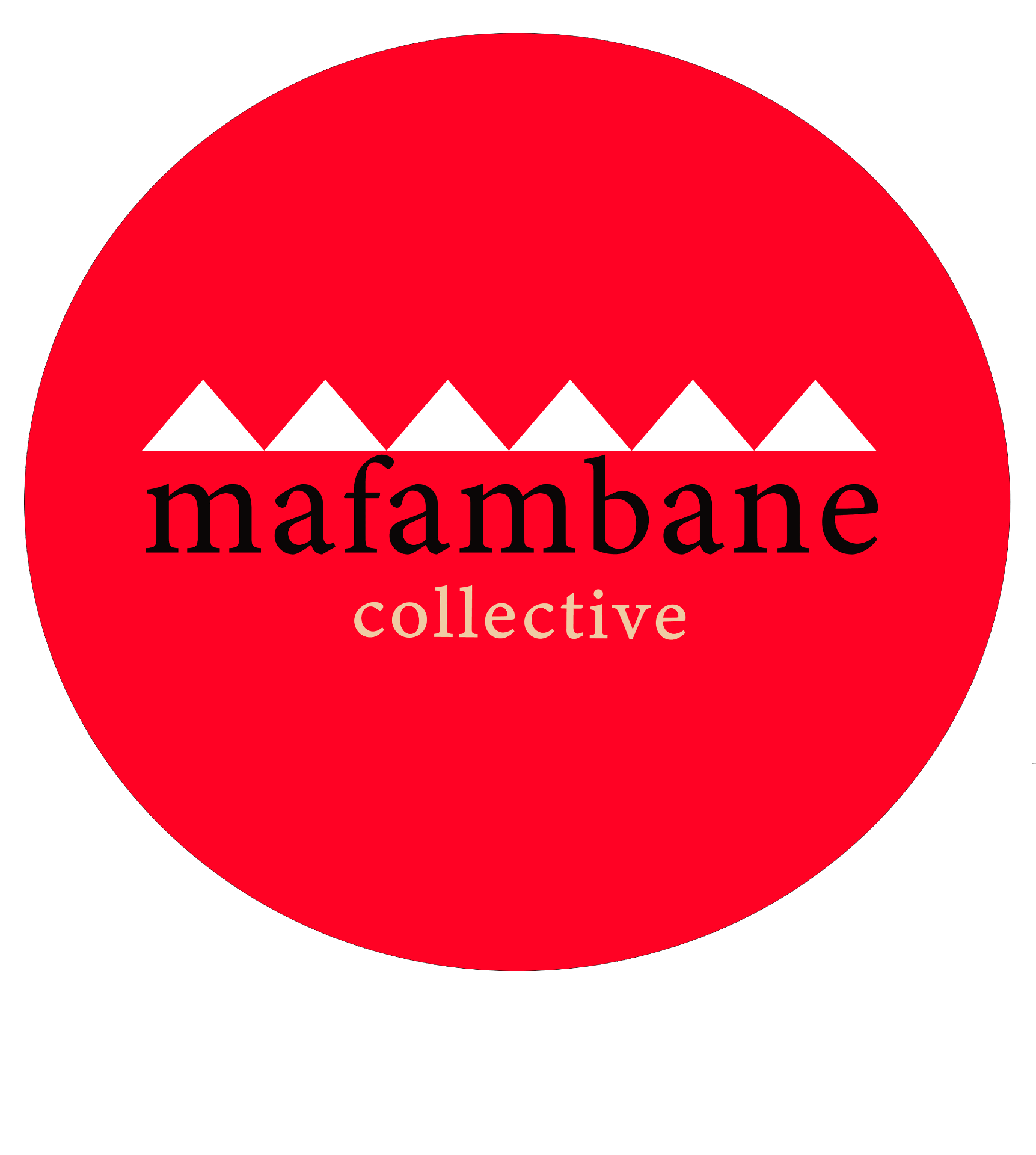MAF nº 0
MAF Journal is a project born from the Mafambane Collective platform. In Changana, Mafambane recalls the idea of journey, of movement and border-crossing: "MAF" is a shortcut to our aim of discussing narratives of migrations, resistances and decolonizations through artistic creation, under visual, sonic and poetic perspectives.
Our contribution for nº0 attempts at tracing a possible path, starting from a hint in reaction to growing political and intellectual calls to closeness, repression and fear. In Poétiques de La Rélation (Poetics of Relation), Édouard Glissant recurs to errantry as a critical possibility, a process of being physically, ontologically and poetically on the move, refusing the violence held in the idea of universality, but also being aware of the possibilities and dangers of closing solely to the local. Such as the platform it relates to, MAF Journal stands at the intersection between different geographies, knowledges and linguistic realities, questioning borders and hierarchies of artistic and social imagination. We are a space for experimentation and debate, promoting critical thinking and discussing collective forms and methods. With this in mind, we understand artistic creations in their wider sense (in, out, and beyond institutions, practices, geographies and temporalities), not as mere tools or cultural products, but as a path, a shared practice which can open breaches, a critical possibility.
This idea of refusing pre-conceived ideas and beliefs about our identity and social relations is, of course, not unique to Glissant and has featured contemporary thinking and artistic creation in different geographies. Paulina Chiziane underlined, in her essay Eu, mulher…Por uma nova visão do mundo (I, woman… for a new vision of the word), how artists continue to be, in contemporary societies, regarded as marginalized members. For this reason, being a woman and being an artist "becomes a true scandal" as far as, Chiziane explains, it counteracts gender stereotypes and assumptions about one's role in society, dictated by its most conservative areas. Goliarda Sapienza wrote, in L' Arte della Gioia (The Art of Joy), that her life as a reader was marked by a turning point: then, she started extrapolating the words she encountered in books from their context, to find other meanings, but - most of all - to find the lies hidden beyond them. She refers to this effort of recontextualization, of displacement, and to the acknowledgement of having been exposed to fake, misleading concepts.
Poetics, arts, and creation are, then, a non-defined place where to build critical ways out of neoliberalism and capitalist social relationships, spaces for decolonization, but also our so-much-needed spaces of freedom. As Stefano Harney and Fred Moten also argue in The Undercommons, wondering and being fugitive, avoiding institutional tricks, is often the strategy to escape domestication.
For all these reasons, we are a multilingual journal, as we believe this can be a way to open an undisciplined channel of communication between different languages and realities, investigating contemporary societies through the lenses of arts and cultures.
Édouard Glissant, Poétique de la Relation, Gallimard, 1990.
Paulina Chiziane, "Eu, mulher… Por uma nova visão do mundo". Abril, UFF, 2013, 199-205.
Goliarda Sapienza, L' Arte della Gioia, Mondadori, 2010.
Stefano Harney, Fred Moten. The Undercommons. Fugitive Planning and Black Studies. Autonomedia, 2013.


